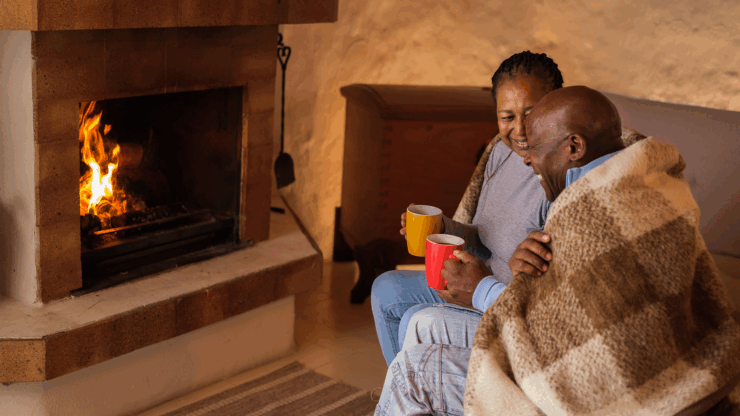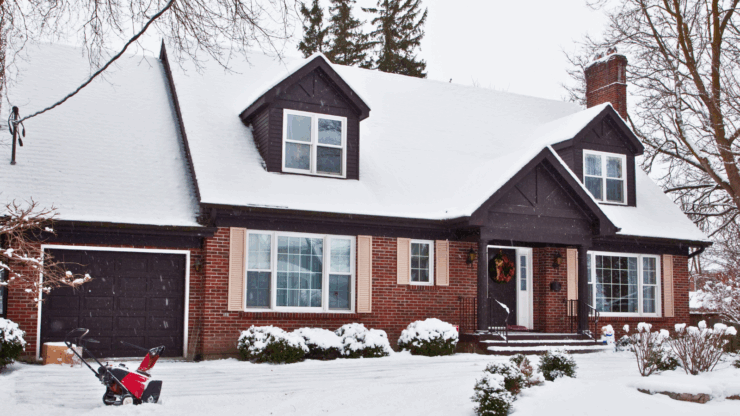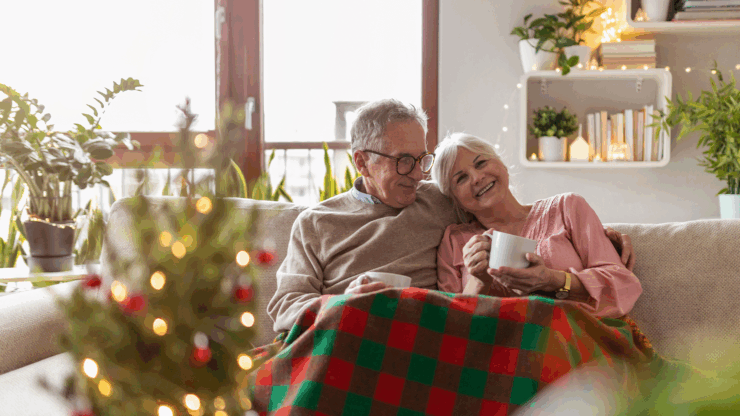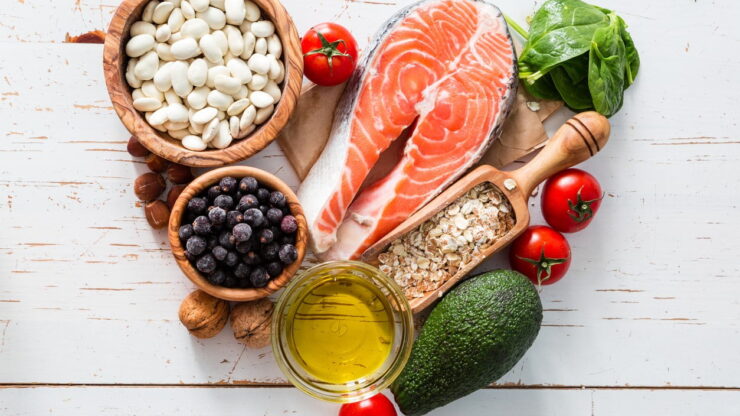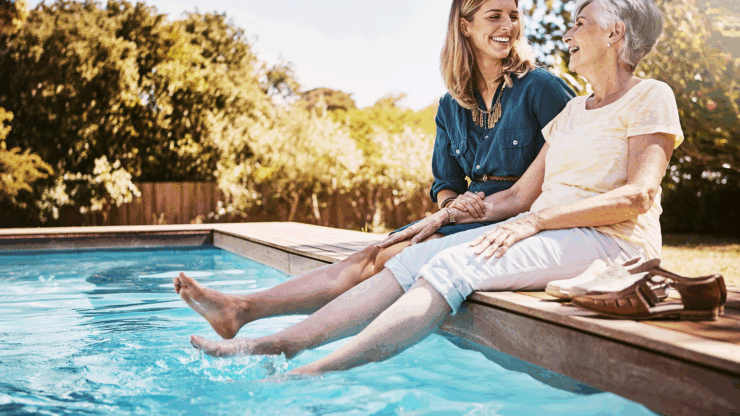
Summer Safety Tips for Older Adults
Summer is in full swing and it’s a great time to be active while enjoying the outdoors. While summer brings us warmth, and bloom and provides us with many opportunities for recreation, prolonged exposure to excessive heat in the summer months can be dangerous. Too much heat is not safe for anyone and is even riskier if you are older or have health problems.Older adults and individuals with chronic medical conditions are at high risk of developing heat-related illnesses, because of aging-related physical changes in the body, chronic health conditions, and even the effects of taking some medications. Why can extreme weather be even more dangerous for older adults? The elderly is more vulnerable to heat for several reasons:
- Many seniors have underlying health conditions that can make them less able to tolerate heat. Conditions like heart disease, mental illness, poor blood circulation, and obesity are risk factors for heat-related illnesses.
- Some medicines seniors take can contribute to dehydration. Many medications that treat heart disease, kidney conditions, and blood pressure have diuretic effects, meaning they trigger the body to expel water and salt through urination. Our bodies use salts as electrolytes, and without proper replenishment, the body remains dehydrated.
- Dehydration can be another serious concern. The body’s natural thirst mechanism becomes less effective with age, so many seniors are perpetually dehydrated regardless of the season. Being well-hydrated is key to maintaining optimal body and cognitive function, and when dehydrated, cognitive decline and physical weakness may perpetuate the cycle of insufficient water consumption.
When the temperature climbs above 80°F, it’s important for older adults to be proactive and take precautions to lower their risk of heat-related illnesses such as:
- Drink plenty of liquids to avoid dehydration. When it comes to staying hydrated, water is your best friend. Dehydration in seniors is the root of many health-related problems. It removes important salts and minerals from the body. Dehydration can cause dizziness, fatigue, headaches, and other health issues for seniors. Try to limit your intake of alcohol, caffeine, and other diuretics, which can contribute to dehydration.
- Skip outdoor activities – or do them early. During the hottest days of summer, it’s usually best to stay inside as much as possible and avoid the outdoors. If you absolutely, must go out, the time you’re out for the very beginning of the day, when the temperatures are coolest. The best time to be outdoors is before 10AM or before 6PM, when the temperature tends to be cooler.
- Eat healthy and hydrating foods. In addition to increasing fluid intake, there are many fruits and vegetables that can help keep your loved one nourished and hydrated, too. It’s important to have them readily available to enjoy as a snack or serve as a side dish with meals.
- Dress appropriately. Whenever you can, try wearing loose, light-colored clothes. Avoid dark-colored clothes as they may absorb heat. Keep in mind that any exposed skin is vulnerable to sunburn, so if you choose to wear short sleeves and shorts instead of long sleeves and pants, try to stay in the shade and wear sunscreen to protect your skin. Hats are useful, but make sure they are loosely woven or well-ventilated, so they don’t trap heat.
- Know the side effects of your meds. If you are taking any medications regularly, even over-the-counter drugs and supplements, you should talk to your doctor or pharmacist and how they might affect your body’s ability to cope with the heat. It’s important to know what to expect from each of the drugs that you are taking.
- Make or find a cool place for yourself or your loved one. It’s best to run your air conditioner and fans to stay cool, close curtains and blinds, and stay out of the sun during the heat of the day, can really help older adults stay safe and cool. So cool showers or baths, running cool water over parts, of the body, or keeping cool, wet cloths handy. Public libraries, recreation centers, civic buildings, churches, or other places of worship and senior centers all offer free opportunities to get inside a cool building on the hottest days.
- It’s best to use a broad-spectrum sunscreen, SPF 15 or higher, and reapply it throughout the day, especially if your skin will have continuous exposure to the sun. If you do get sunburned, stay out of the sun until your skin is healed, and use cool cloths and moisturizers to treat the affected area.
Older adults have a difficult time dealing with heat and humidity. The temperature inside or outside does not have to be high to put them at risk for a heat-related illness. It’s best to call or visit your loved ones regularly during hot weather, to ensure they are safe. We hope you enjoy the summer and be safe!
Find your peace-of-mind.
Explore LifeWorx’ in-home elder care services.
